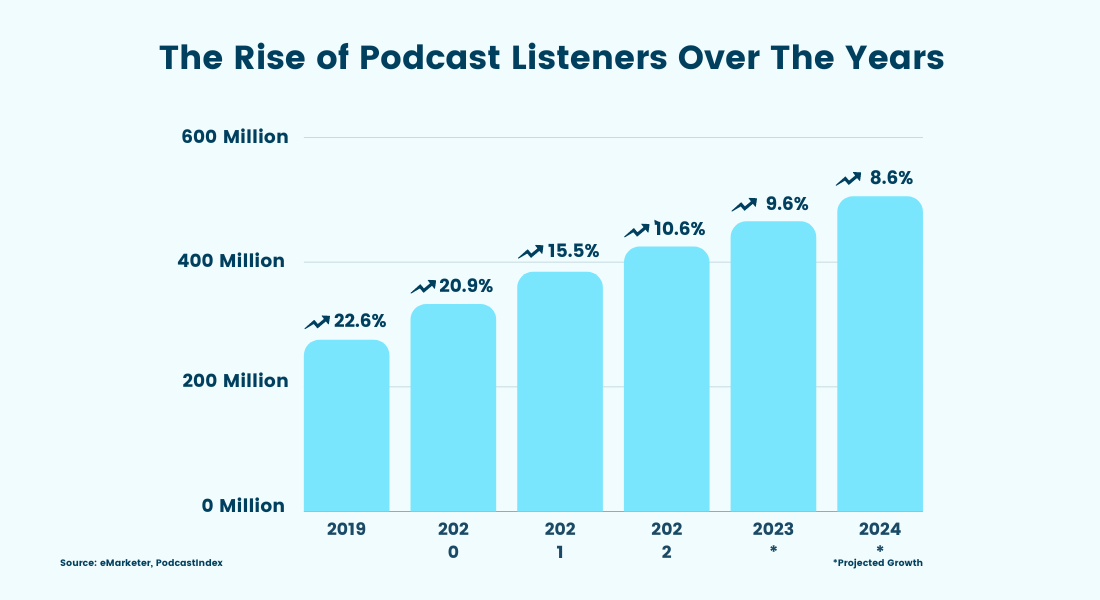Video Podcast vs. YouTube: Exploring the Best Platform for Your Content
Introduction
In today’s digital age, content creators have a plethora of platforms to choose from when sharing their creative works with the world. Two popular options are video podcasts and YouTube. While both mediums offer unique benefits, it’s essential to understand their differences and advantages to make an informed decision. This article aims to explore the distinctions between video podcasts and YouTube, helping you choose the best platform to showcase your content.
1. Understanding Video Podcasts
1.1 What is a Video Podcast?
Video podcasts, also known as vodcasts or vlogs, are episodic video content that viewers can stream or download from the internet. They are similar to traditional podcasts, but instead of audio-only, video podcasts provide a visual element, creating a more engaging and dynamic experience.

1.2 The Rise of Video Podcasts
Over the past few years, video podcasts have witnessed a significant surge in popularity. Their appeal lies in the convenience they offer to both content creators and viewers. Creators can communicate their ideas effectively through visual aids, while audiences can consume content on the go, enhancing accessibility.
2. Exploring YouTube as a Content Platform
2.1 YouTube: A Global Video-Sharing Giant
YouTube needs no introduction. As one of the largest video-sharing platforms globally, it has become a hub for content creators and viewers alike. With millions of hours of content uploaded daily, YouTube offers a vast and diverse audience base.
2.2 Advantages of YouTube
- Reach and Visibility: YouTube’s massive user base allows creators to reach a global audience, maximizing their content’s visibility.
- Monetization Opportunities: Content creators can monetize their videos through ad revenue and channel memberships, providing potential income streams.
- Community Building: YouTube fosters a sense of community, allowing creators to engage with their audience through comments, likes, and shares.
3. Key Differences Between Video Podcasts and YouTube
3.1 Content Format
Video podcasts generally follow an episodic format, where each episode centers around a specific theme or topic. On the other hand, YouTube accommodates both episodic content and standalone videos, offering greater flexibility in content creation.
3.2 Engagement and Interaction
While both platforms promote engagement, YouTube’s comment section and social sharing features make it more interactive. Viewers can easily share videos and participate in discussions, fostering a vibrant community around the content.
3.3 Monetization Strategies
Video podcasts often rely on sponsorships and crowdfunding for monetization, while YouTube’s Partner Program allows creators to earn revenue through advertisements and channel memberships.
4. Choosing the Right Platform
4.1 Consider Your Content Type
For educational or long-form content, video podcasts may be more suitable, as they cater to dedicated audiences seeking in-depth discussions. Conversely, YouTube is ideal for a wide range of content types, from tutorials to entertainment.
4.2 Audience Reach
If you seek a vast and diverse audience, YouTube’s reach surpasses that of video podcasts. However, if you’re targeting a niche audience with specific interests, a video podcast might offer a more engaged following.
5. Conclusion
In conclusion, both video podcasts and YouTube are powerful platforms that cater to different content creation needs. Video podcasts excel in providing in-depth and focused discussions for dedicated audiences, while YouTube’s extensive reach and monetization opportunities make it an attractive choice for creators seeking broader visibility and revenue potential.
FAQs About Video Podcasts vs. YouTube
Q1: Can I upload my video podcast to YouTube?
Yes, you can upload your video podcast episodes to YouTube to leverage its audience and additional monetization options.
Q2: How can I grow my YouTube channel effectively?
Consistency, engaging content, and promoting your videos on social media and other platforms can help grow your YouTube channel.
Q3: Can I monetize my video podcast on hosting platforms?
Some podcast hosting platforms offer monetization options, but they may not be as extensive as YouTube’s monetization features.
Q4: Can I have a successful video podcast without a large following?
Yes, video podcasts can succeed with a niche audience and dedicated content that resonates with that specific group.
Q5: Should I choose one platform over the other or use both for my content?
The decision depends on your content type, target audience, and your goals as a content creator. Using both platforms strategically can maximize your content’s reach and impact.

